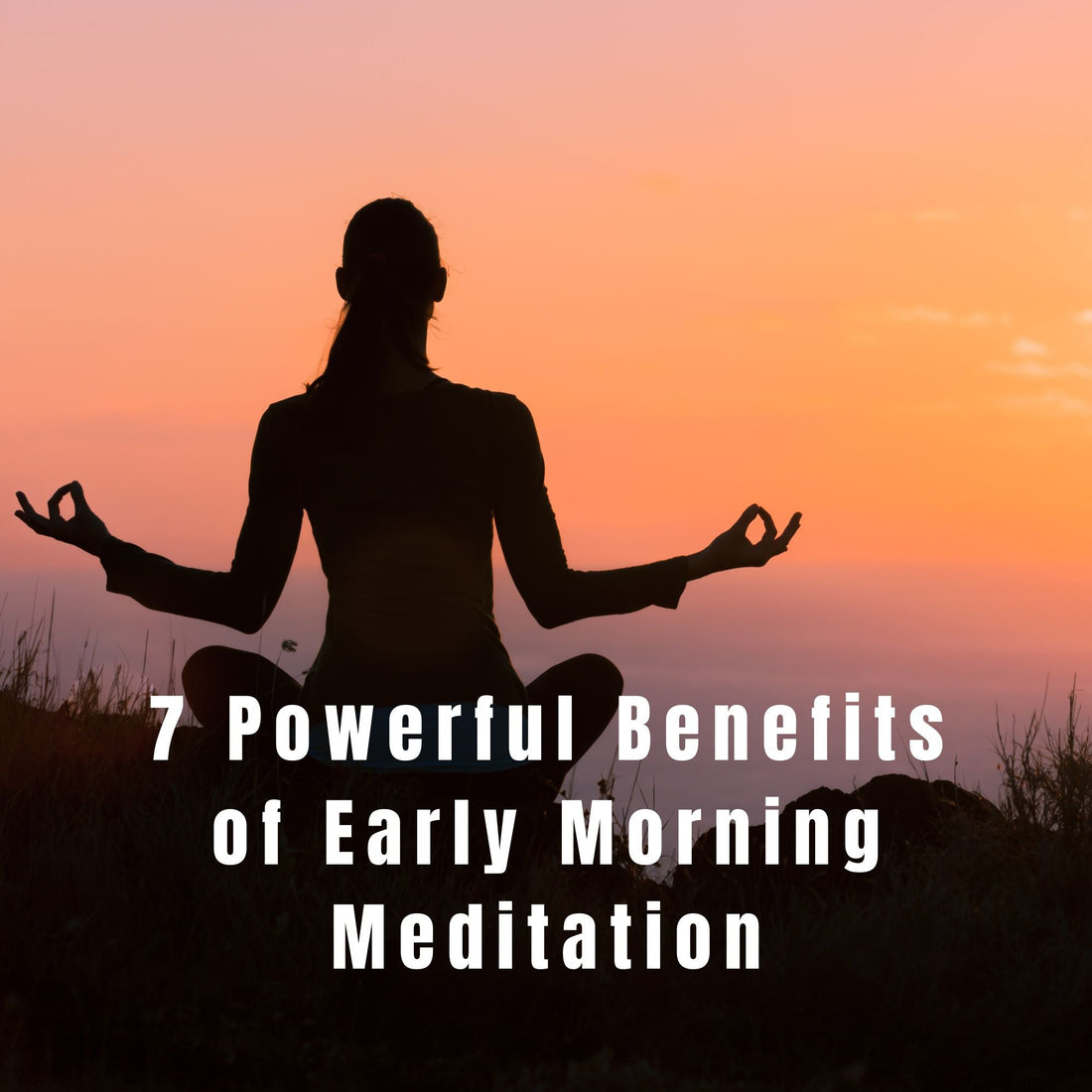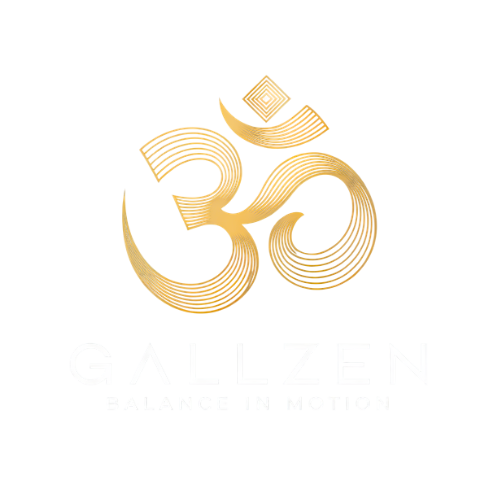
7 Powerful Benefits of Early Morning Meditation (You’ll Wish You Started Sooner!)
Share
1. Introduction to Early Morning Meditation (Backed by Science)

What Is Early Morning Meditation?
Early morning meditation refers to practicing mindfulness or focused breathing in the first hour after waking. This practice is not only rooted in ancient traditions but is now widely recognized in modern psychology and neuroscience for its positive effects on the brain and body.
Why Morning Is the Best Time to Meditate
Your brain operates in a highly receptive state upon waking, specifically during the transition from theta to alpha brain waves. According to a study published in Psychological Science, early hours are when your cognitive function is at its peak, making it the best time for intentional mental practices like meditation.
Moreover, a 2018 randomized controlled trial in Frontiers in Human Neuroscience found that morning meditation improves working memory, emotional regulation, and attention span, even in participants with no prior experience.
Science-Backed Benefits of Morning Meditation
- Lower Cortisol Levels: The cortisol awakening response (CAR) naturally spikes in the morning. Meditation has been shown in multiple studies to moderate cortisol levels, reducing stress-related inflammation and anxiety throughout the day.
- Increased Gray Matter Density: Harvard neuroscientist Dr. Sara Lazar’s research revealed that consistent meditation (especially done early in the day) increases gray matter in areas related to self-awareness, compassion, and introspection.
- Improved Mood and Focus: A 2020 study from the Journal of Cognitive Enhancement found that just two weeks of morning meditation improved mood, attentional control, and cognitive flexibility in participants.
These findings prove that even short sessions of early morning meditation can prime your brain for productivity, clarity, and emotional resilience throughout the day.
2. Enhances Mental Clarity and Focus

Cognitive Refresh
Meditation first thing in the morning is like hitting the reset button for your brain. It boosts your ability to concentrate and enhances your executive functioning skills, like memory, attention, and problem-solving.
Boosts Productivity
By clearing mental clutter and reducing internal distractions, morning meditation helps you work smarter, not harder. People who meditate regularly often find that they complete tasks faster and more efficiently throughout the day.
3. Promotes Emotional Stability and Resilience

Reduced Anxiety
Starting your day with mindfulness helps reduce the buildup of stress hormones. Studies show that morning meditators experience fewer anxiety spikes and tend to handle emotional triggers more calmly.
Increased Emotional Awareness
You become more tuned in to your emotions, allowing you to respond instead of react. This emotional self-awareness leads to better communication and stronger relationships.
4. Improves Sleep Quality (Yes, Really!)

Resetting the Circadian Rhythm
While meditation may seem like a daytime tool, practicing in the morning helps reset your body clock. It encourages deeper sleep by aligning your wake-sleep cycle and promoting more restful nights.
Calming Nighttime Thoughts
Morning meditation teaches your brain how to quiet racing thoughts. This ability carries into bedtime, making it easier to wind down and fall asleep without tossing and turning.
5. Increases Energy and Vitality Throughout the Day

Natural Energy Surge
Forget caffeine, morning meditation provides a natural energy lift. The combination of breath control and mental calmness jump-starts your nervous system without the crash of coffee.
Hormonal Balance
Meditation helps regulate cortisol and serotonin levels, which directly affect your energy, mood, and motivation. Starting your day this way keeps your hormones balanced and your energy steady.
6. Strengthens Self-Discipline and Routine

Builds Consistency
Waking up early to meditate requires commitment, and this consistency spills over into other areas of your life, like work habits, exercise, and personal goals.
Fosters Intentional Living
Meditation helps you stop living on autopilot. With a few quiet moments in the morning, you start your day with purpose and clarity, making intentional choices instead of reacting to life’s chaos.
7. Boosts Overall Mood and Positivity

Releases “Feel Good” Hormones
Meditation triggers the release of endorphins and dopamine, your brain’s natural happiness chemicals. This leads to a positive mood that carries you throughout the day.
Reduces Cortisol Levels
By lowering cortisol (the stress hormone), morning meditation reduces irritability and promotes emotional calm. This is one of the most tangible benefits you’ll notice early on.
8. Deepens Spiritual Connection and Mindfulness

Inner Peace and Awareness
Meditation invites a deeper connection with yourself. Over time, you’ll experience a sense of inner peace and a clearer understanding of your values, thoughts, and behaviors.
Enhanced Spiritual Practice
Many people use early meditation to enrich their spiritual life, whether through prayer, intention-setting, or gratitude. It’s a sacred space where silence becomes a powerful form of communication.
9. Supports Physical Health and Well-being

Reduced Blood Pressure
Regular meditation helps calm the sympathetic nervous system, lowering blood pressure and reducing your risk for heart disease.
Strengthened Immune System
Less stress = stronger immunity. Meditation strengthens your immune response by reducing chronic inflammation and balancing your body's physiological responses.
10. Encourages Better Decision-Making Skills

Builds Response Over Reaction
Morning meditation helps you pause before reacting. This space allows for wiser choices, especially in high-pressure situations.
Sharpened Intuition
As your self-awareness grows, so does your intuition. Meditation helps you listen to your inner voice and make decisions that align with your true self.
11. Reduces Overthinking and Mental Clutter

Detachment from Mental Noise
Overthinking often clouds good judgment. Morning meditation teaches you to observe thoughts without getting tangled in them.
Greater Mental Space
With consistent practice, your mental landscape becomes clearer. You’ll start to notice ideas flowing with ease and your internal dialogue becoming more supportive.
12. How to Start an Early Morning Meditation Practice
Simple Morning Routine for Beginners
Start small:
- Wake up 10–15 minutes earlier
- Find a quiet spot
- Sit comfortably and focus on your breath
- Use guided meditation apps if needed
Tips for Consistency
- Set a specific time
- Keep a journal to track your progress
- Create a calming morning space
- Reward yourself with tea or a sunrise walk afterward
13. Common Challenges and How to Overcome Them
Dealing with Sleepiness
Sit upright in a well-lit space. Splash your face with cold water if needed. Avoid meditating in bed to stay alert.
Managing Distractions
Use noise-canceling headphones or calming music. Let thoughts come and go without judgment, it’s part of the process.
14. FAQs About Early Morning Meditation
Q1: How long should I meditate in the morning?
A: Start with 5–10 minutes and gradually increase to 20–30 minutes.
Q2: Is it better to meditate before or after coffee?
A: Before, if possible. Meditation works best when your body and mind are naturally alert.
Q3: What if I fall asleep while meditating?
A: That’s okay! It shows your body needs rest. Try sitting upright and breathing deeply next time.
Q4: Do I need to be spiritual to meditate?
A: Not at all. Meditation is a mental and physical wellness practice suitable for all beliefs.
Q5: Can I do it lying down?
A: While it’s possible, sitting upright helps you stay focused and avoid sleepiness.
Q6: How soon will I notice results?
A: Some benefits appear within days, while deeper changes may take a few weeks of consistent practice.
15. Final Thoughts: Why It’s Worth Waking Up Early
Early morning meditation is more than just a habit—it’s a lifestyle shift. With consistent practice, you’ll notice greater peace, productivity, and joy in your daily life. Even if you’re not a “morning person,” this one simple routine can unlock powerful change.
